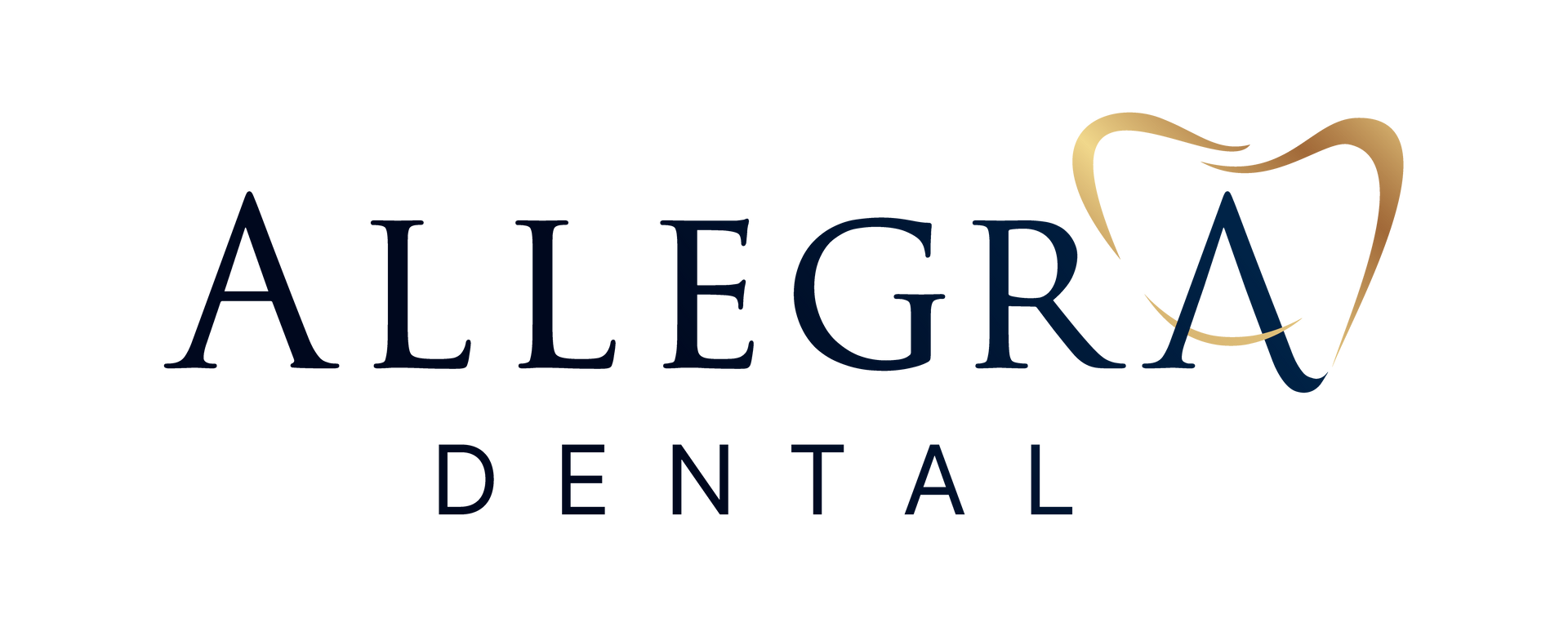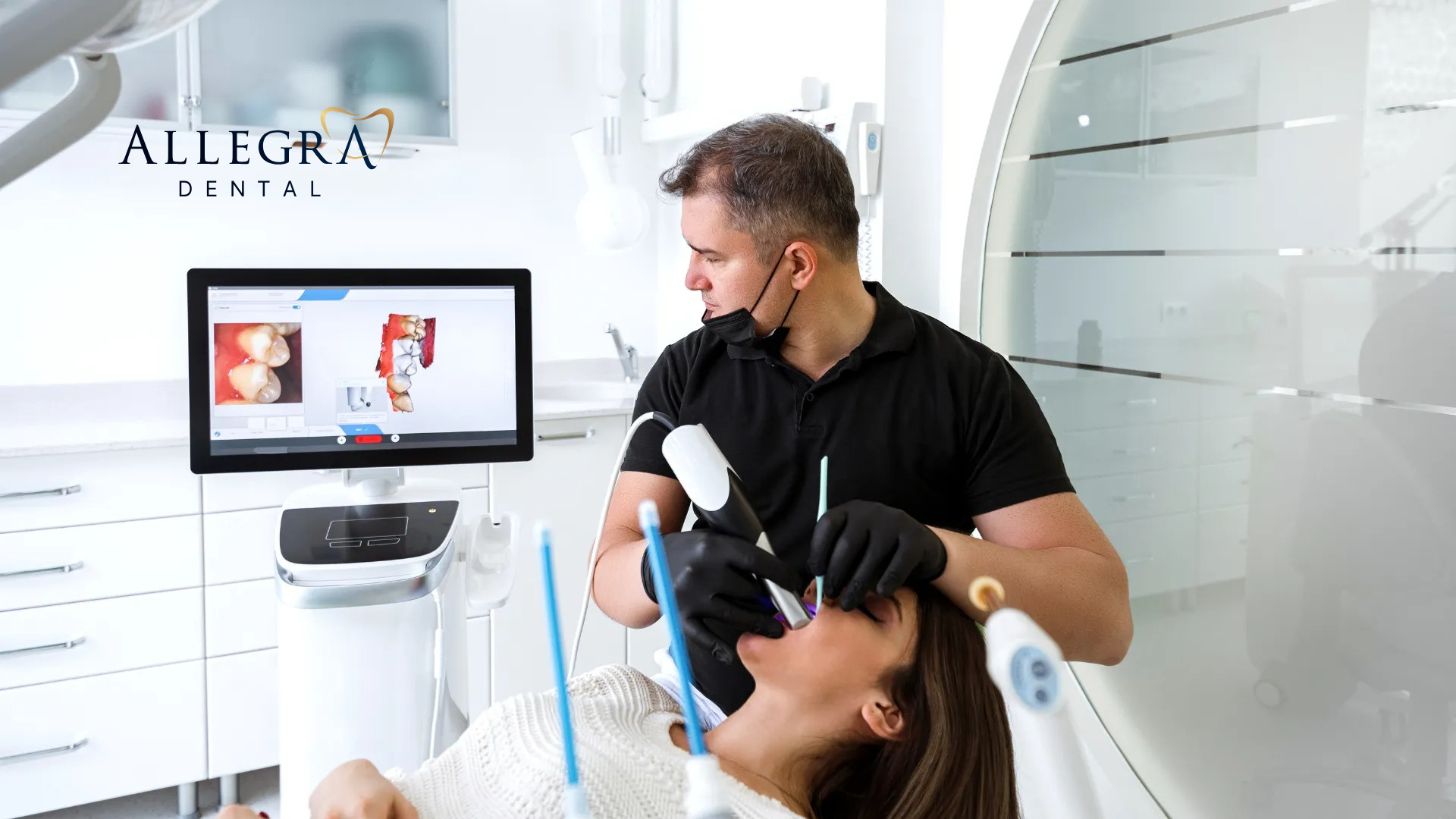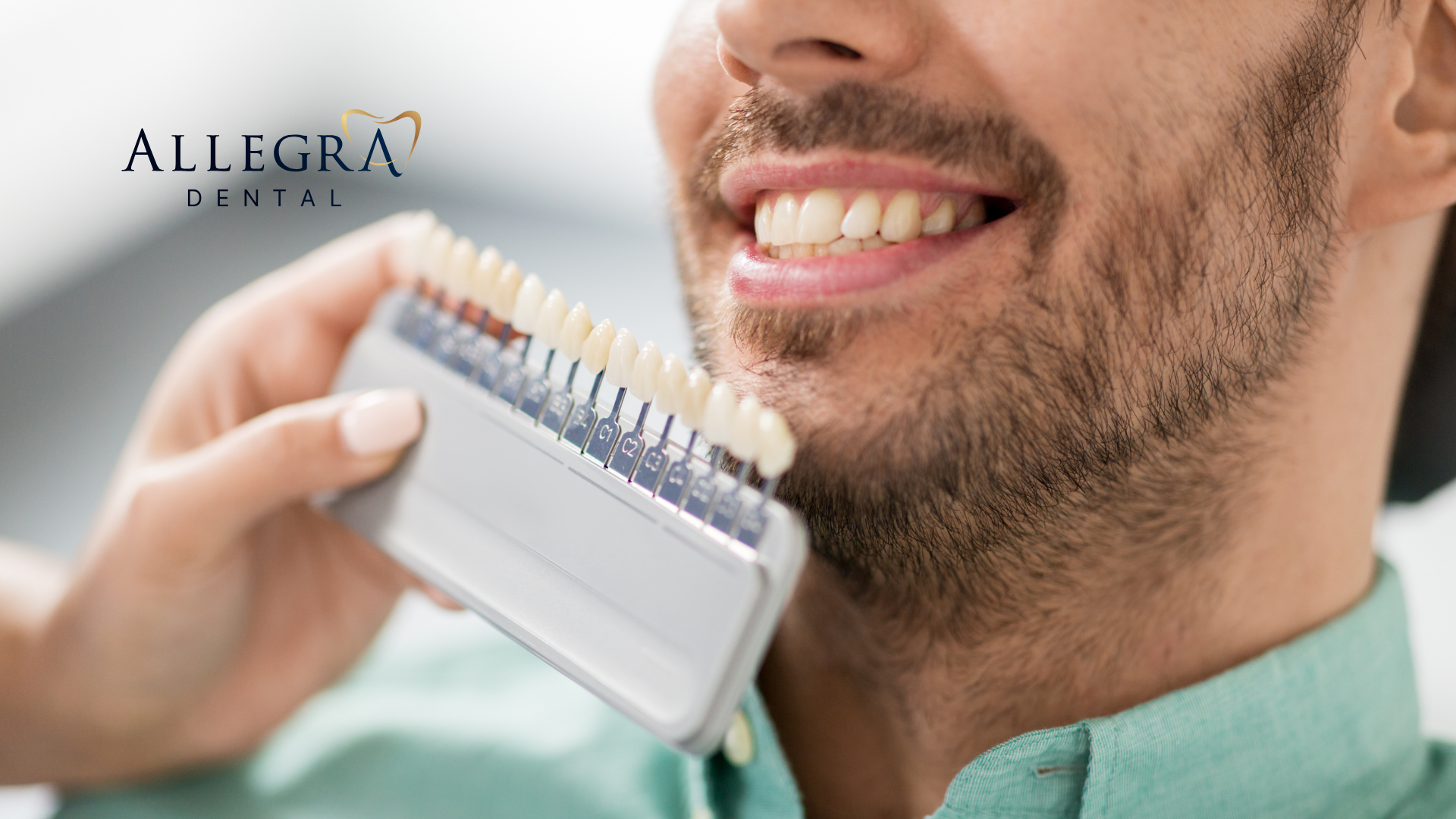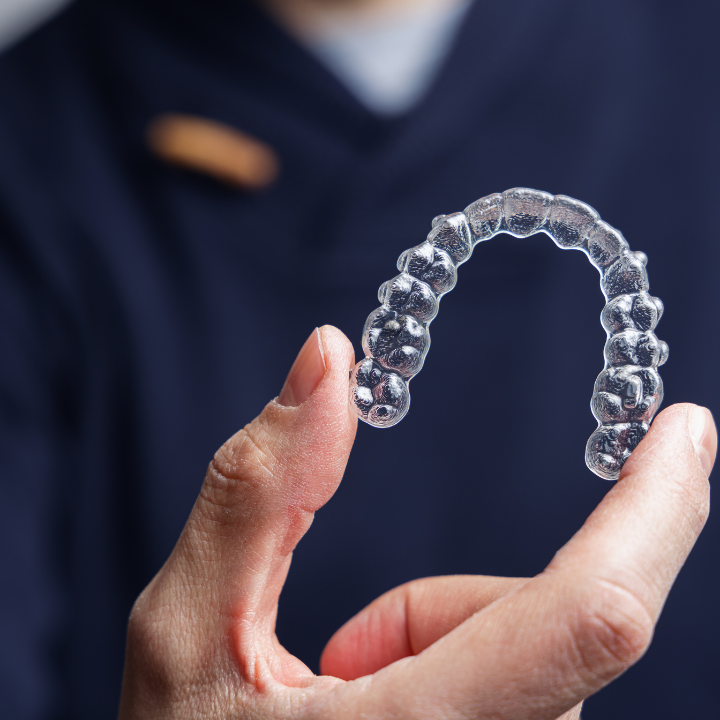Understanding Bone Grafting
Understanding Bone Grafting
Dr Ahmed will recommend bone grafting to patients who have experienced bone loss in their jaw due to missing teeth or gum disease. Bone grafting involves placing natural or synthetic bone material in the jawbone to stimulate the growth of new bone tissue, improving the strength and density of the bone.
The purpose of bone grafting is to provide a stable base for dental implants or other dental restorations. Dental implants require a strong and stable base for successful placement, and bone grafting can help provide the necessary support for implant placement. Bone grafting can also help improve overall oral health and function, as it can help prevent further bone loss and improve the fit and comfort of dentures and other dental appliances.
Ten frequently asked questions about the dental procedure bone grafting:
What is bone grafting?
Bone grafting is a dental procedure that involves adding bone to your jawbone to increase its height and width. This procedure is typically done when a patient has lost bone due to tooth loss or gum disease.
Why might I need a bone graft?
You might need a bone graft if you have lost bone due to tooth loss or gum disease and are planning to get dental implants. Dental implants require sufficient bone to anchor them securely in place.
What materials are used for bone grafting?
Bone grafting materials can come from several sources, including your own bone (autograft), donor bone (allograft), or synthetic bone material (alloplast).
Is bone grafting painful?
Bone grafting is typically performed under local anesthesia, so you shouldn't feel any pain during the procedure. You may experience some discomfort after the procedure, but your dentist will provide you with pain medication to manage it.
How long does it take to recover from bone grafting?
The recovery time for bone grafting can vary depending on the extent of the procedure. Most patients can return to work and normal activities within a few days to a week.
Are there any risks associated with bone grafting?
As with any surgical procedure, there are some risks associated with bone grafting, such as infection, bleeding, and nerve damage. Your dentist will discuss these risks with you before the procedure.
How long does it take for the bone graft to heal?
It can take several months for the bone graft to fully heal and integrate with your natural bone. During this time, you will need to follow a strict oral hygiene routine and avoid putting pressure on the area.
Can I eat normally after bone grafting?
You may need to follow a soft food diet for a few days after the procedure to allow the area to heal. Your dentist will provide you with specific instructions on what foods to eat and how to care for the area.
How much does bone grafting cost?
The cost of bone grafting can vary depending on the extent of the procedure and the materials used. Your dentist can provide you with an estimate of the cost during your consultation.
Is bone grafting covered by insurance?
Bone grafting may be covered by dental insurance if it is deemed medically necessary. However, it is best to check with your insurance provider to determine coverage.
Recent Posts
Hours & Address
Mon to Thu: 9:00 am - 6:00 pm
Fri: Closed
Sat: 9:00 am - 3:00 pm
Sun: Closed
© 2024 All Rights Reserved | Allegra Dental











